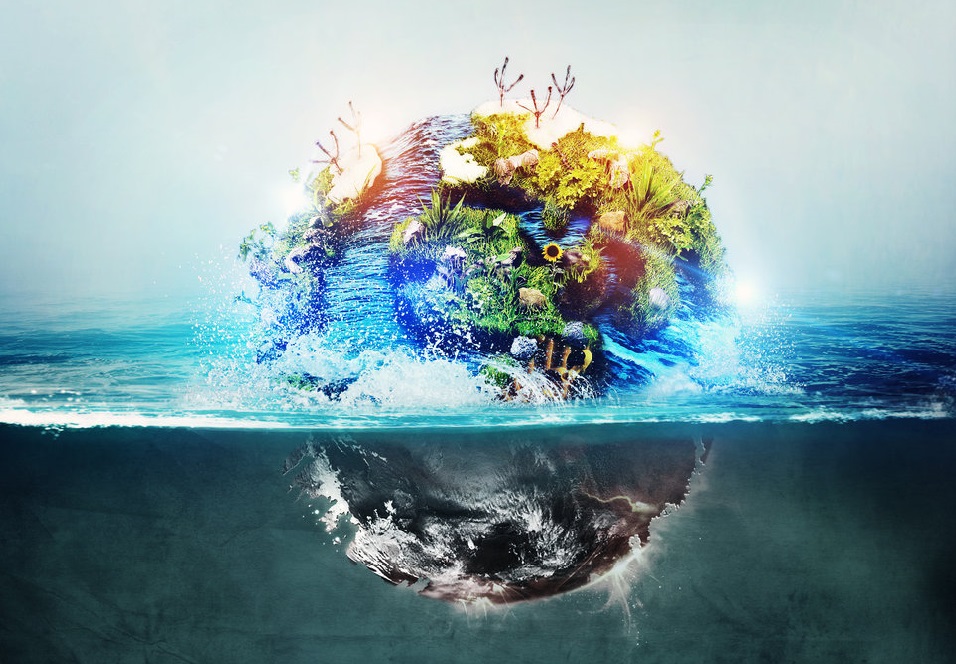
We constantly hear about how humans are causing planet-wide harm and devastation. There is rampant deforestation and habitat destruction, record levels of smog and air pollution, petitions put forth to rip funding away from the sciences and from education. There are wars, famine, plagues, and a host of other tragedies that (although not always intentionally caused by humans) can be linked to issues like overpopulation, bigotry, and sheer ignorance. Consequently, it often seems like, every moment, we are dashing forward towards the tipping point.
Now, I am not claiming that we are going to “destroy the planet.” To be frank, the Earth is huge and we are small. Even if we do our very worst (cause the entire planet to become uninhabitable), the irradiated hunk of rock will continue to orbit the sun just the same. And eventually, it will probably set things right–and life will spring forth anew. According to this view, we cannot “destroy the planet.” But we can destroy species. We can destroy habitats. We can destroy ecosystems. We can cause mass extinction events. We can do many, many terrible things, and we are.
That said, we can also do some very generous and amazing things. And we are doing those things as well. The end isn’t likely coming tomorrow, or even the next day. And if we make smart decisions, it won’t ever come (at least, not because of us). So I’d like to take some time to go over what we can do to combat some of the more troubling trends and create a truly sustainable future:
- To start with, if we want to minimize our impact on other species, habitat destruction is one of the main causes of extinction. Most of the species that go extinct aren’t large animals like the rhino or elephant, but very small ones that can only live in specific locations (often, localized areas of the rainforest). One of the easiest things to do is to shop responsibly. Know where your products come from and how they are made. Take coffee, for example. Coffee is farmed on about 30 million acres (12 million hectares) worldwide, an area larger than Portugal and nearly the size of England. Most of the farms are in areas regarded as high priorities for conservation (the rainforest). Buy coffee that is Rainforest Alliance Certified.
- Also, recycle. Our waste is getting out of control, and many products do not decompose in dumps. When I say “recycle,” I don’t mean plastic bottles and glass. I mean everything–clothes, old plywood, inkjets, cell phones–everything. See this site for some tips and details on how and what to recycle.
- Push for cleaner forms of energy. Ride a bike whenever you can, push for public transport, and advocate for the banning of cars whenever and wherever possible (in cities and other major metropolitan areas).
- Look into sustainable agriculture.
- Abandon anthropocentric ideologies. Realize that humans are not the kings of Earth. To survive, we need a host of other species, and in many ways, we haven’t even begun to understand the complex relationship that we have with Earth’s other inhabitants.
- Investigate over population and accept that we need to start making smart decisions now in order to ensure that we have a future.
These are just a few things, but this is a start.